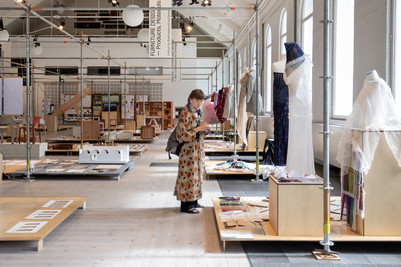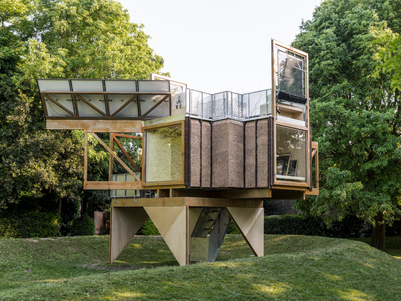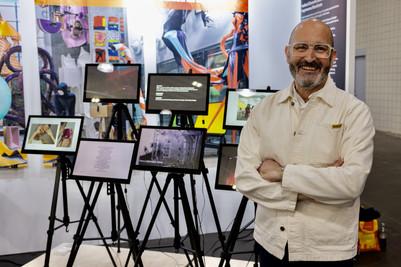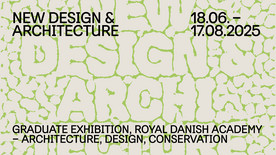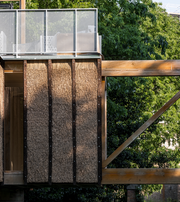
Architecture between New Industrialisation and Sustainability
Research Project by Professor Anne Beim, PhD, M. Arch., Assistant Professor Ulrik Stylsvig Madsen, M.Arch., PhD and Assistant Researcher Tenna Beck, M. Arch.
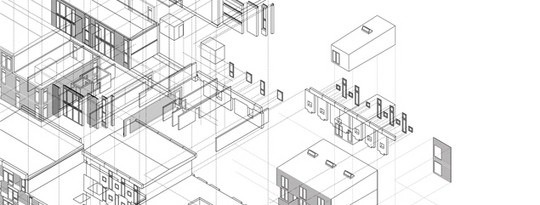
The project studies new industrialisation as an existing development in building, in relation to the increasing requirements for sustainable solutions.
The discrepancy between new industrialisation and sustainability must be considered as a significant architectural challenge. On this basis, the objective of the project is to develop a series of principle models for how a sustainable and holistic industrial architecture can be supported by a coupling between the application of industrial systems / solutions and a better understanding of specific human behaviours and needs.
The project seeks to link industrialisation as means with sustainability as an end. The thesis is that the two conceptual worlds seen as integrated, may offer other interesting ways to build and create architecture. The goal is to achieve a so-called architectural sustainability.
The research project is based on studies of industrial produced housing from the 1960s and 1970s representing the first period of industrialisation and from present day construction where the construction business again is subjected to an increased industrialisation –called ‘new-industrialisation’. The objective is to point out and develop principles for industrially produced building systems that can serve as a basis for sustainable housing in the future.
The project aims to answer the following question:
How can we develop industrialised building systems that provide sustainable use of resources in the future?
Including how can we develop prefabricated building systems as long-term solutions that can change over time - both in terms of technical and social sustainability?
Funding:
Boligfonden Kuben, Danielsens Fond, Kulturministeriets Forskningspulje




